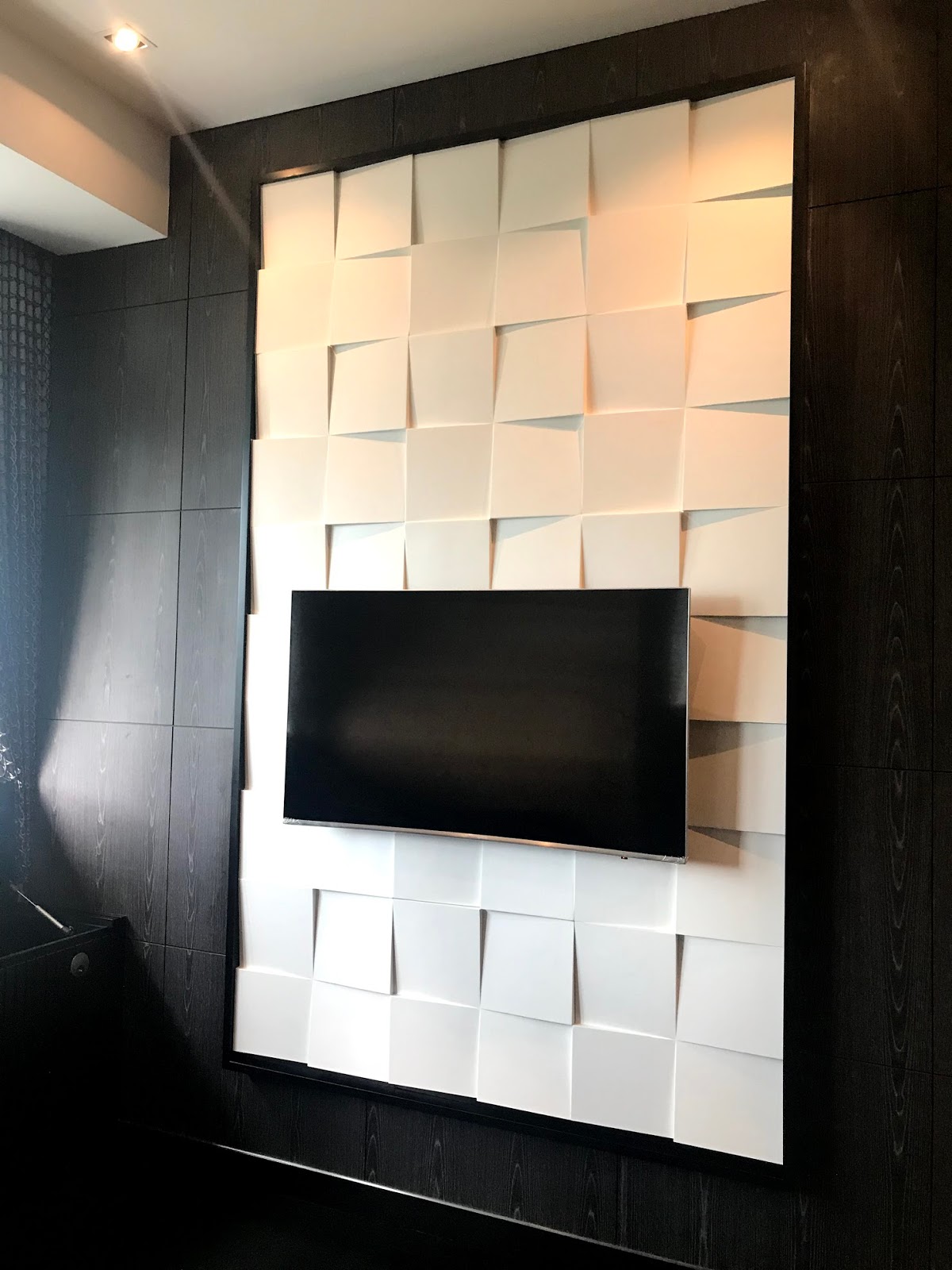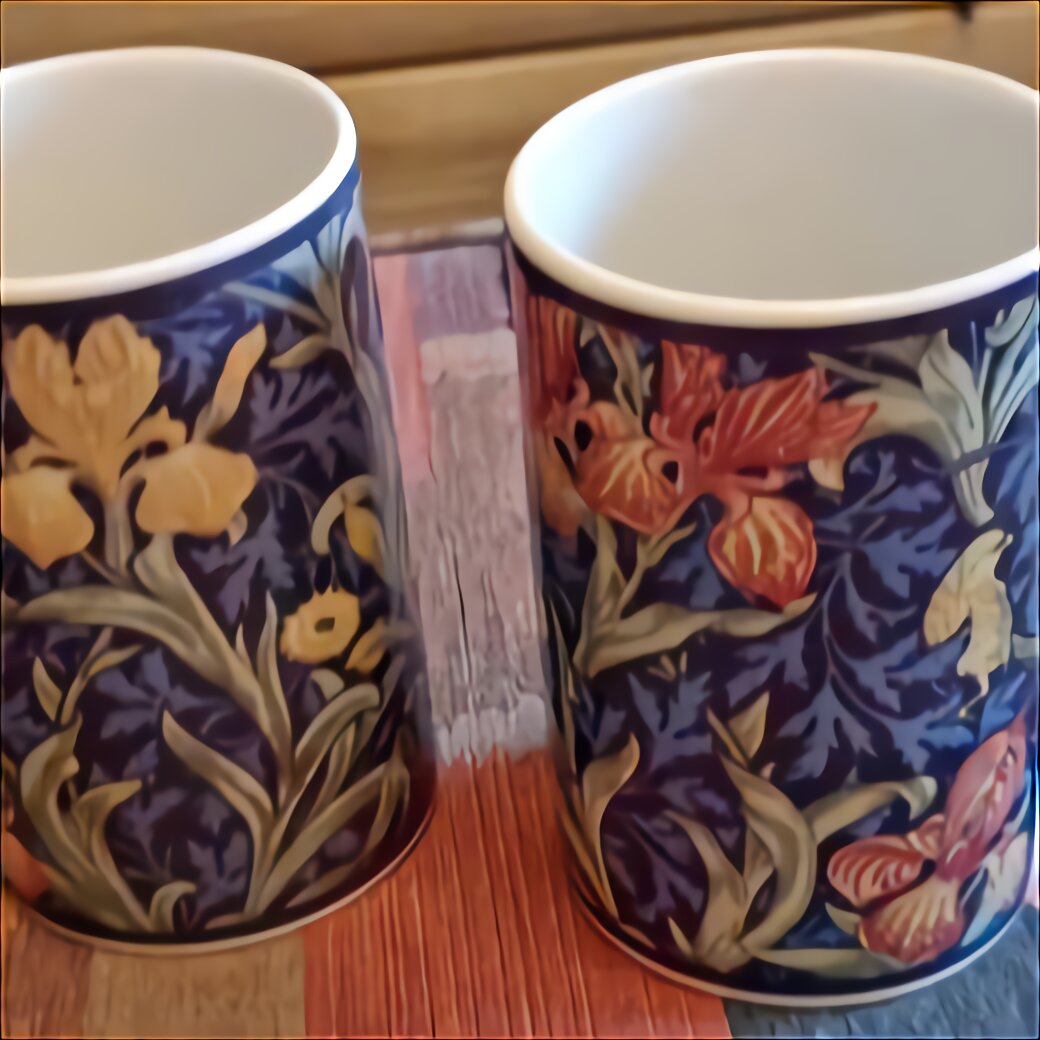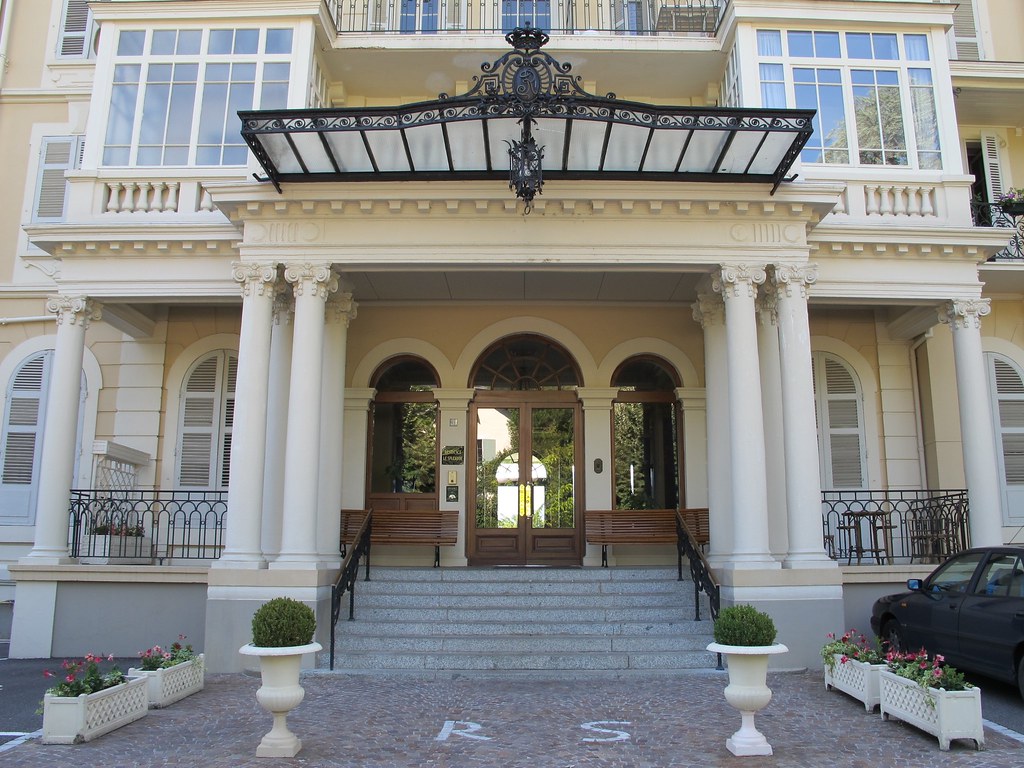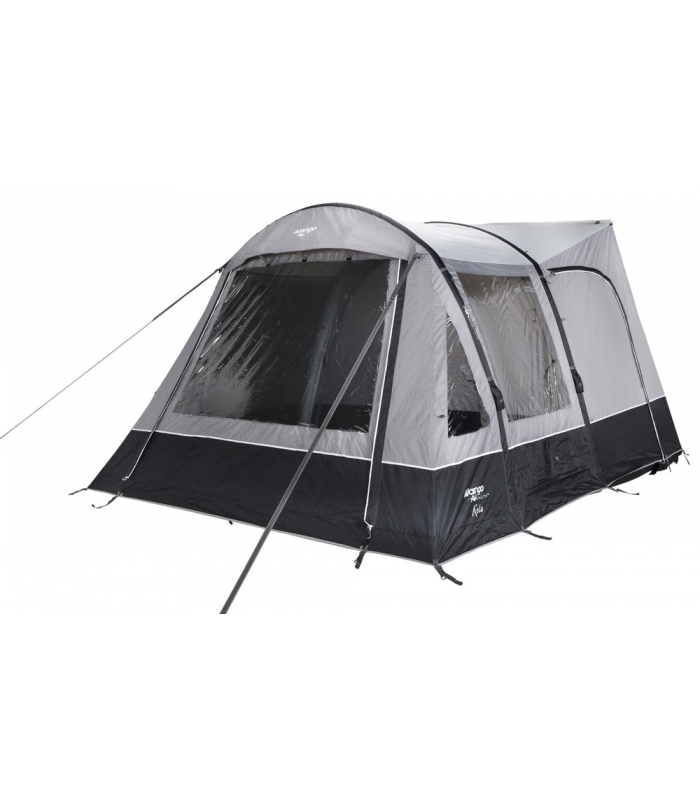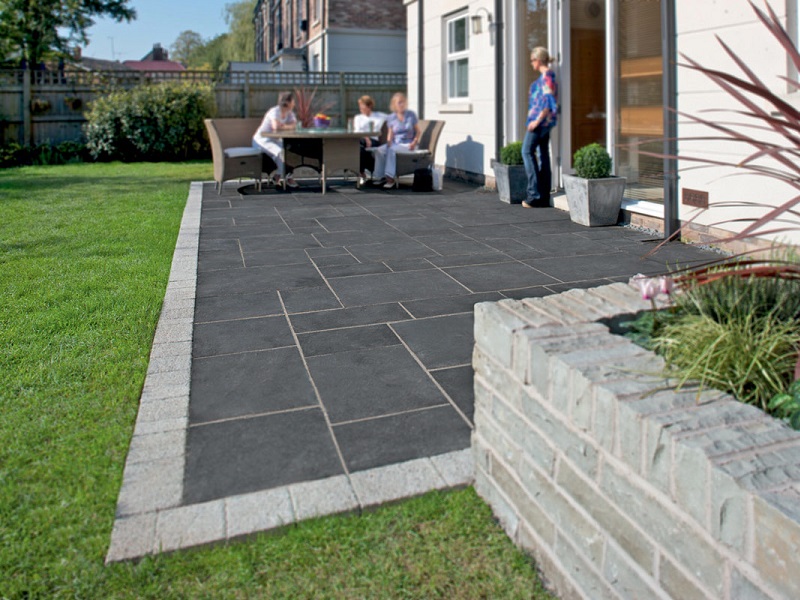Vocational Worksheets For Students With Disabilities Worksheets Master
Activity Ideas for Children or Adults with Severe Learning Disabilities: Part 1 We know that many families are very concerned about the impact of the changes to everyday life due …

